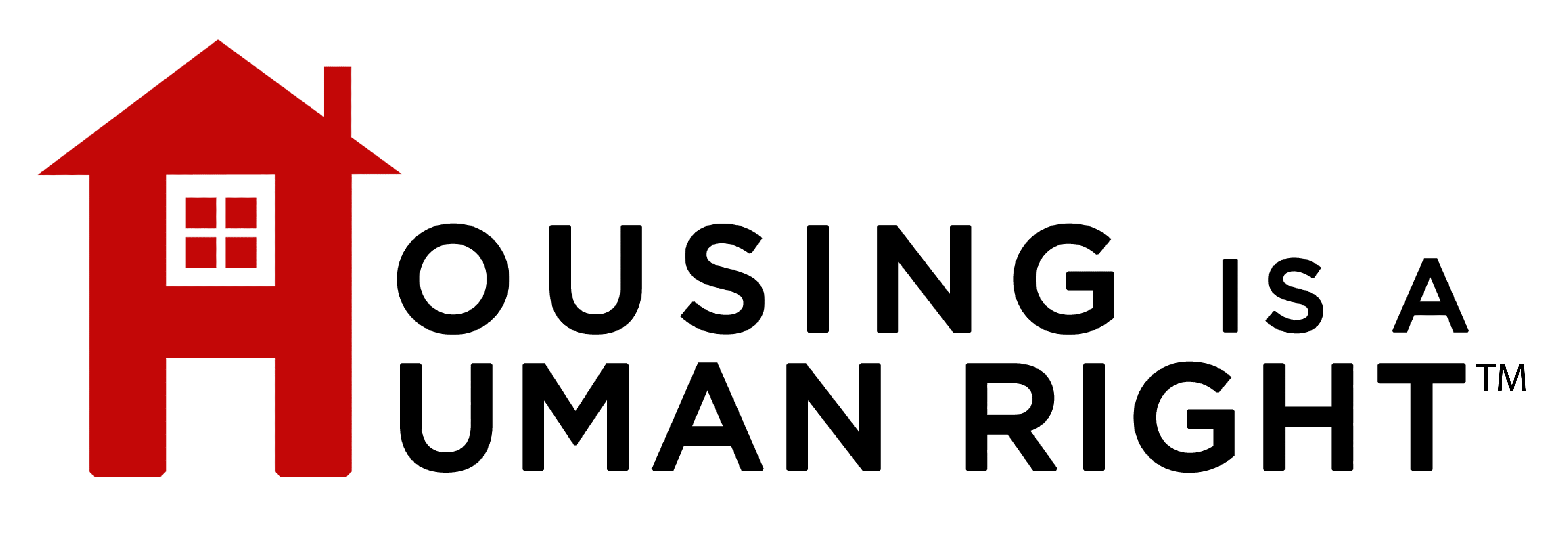Years before the COVID-19 pandemic struck, AIDS Healthcare Foundation created a housing model to urgently address Los Angeles’ worsening homelessness crisis. State and local officials in California are now following AHF’s lead, but they must keep costs down and implement it quickly. Tens of thousands of people desperately need housing to stay safe and healthy — now and for the long haul.
In 1987, AIDS Healthcare Foundation was founded, in Los Angeles, as a housing and medical-care provider for terminally ill AIDS patients. As time went on, AHF focused on providing free HIV drug treatment and prevention to save millions of lives in 45 countries around the globe, serving more than 1.5 million clients. But in the past few years, AHF saw another threat to its patients.
Operating in major U.S. cities such as Los Angeles, New York, and San Francisco, AHF witnessed firsthand the devastation caused by skyrocketing rents and gentrification, which fueled rising numbers of evictions, increased displacement, and more homelessness. As numerous health experts have pointed out, stable, affordable housing is essential for people living with chronic diseases, such as HIV/AIDS, to maintain good health. AHF realized it needed to go back to its housing roots to better serve its clients.
In 2017, AHF launched a housing provider division (Healthy Housing Foundation) and housing advocacy division (Housing Is A Human Right). As part of its decades-long mission, AHF uses cutting-edge advocacy to create policy change.
With Healthy Housing Foundation, AHF developed a model of buying motels and hotels in the Los Angeles area and quickly converting them into low-income and homeless housing. The first project, in Downtown L.A., was The Madison, a 220-room single-room occupancy hotel. The price tag was around $36,000 per unit to buy and refurbish the building — an incredibly modest sum when compared to the construction of new low-income and homeless housing that can cost $450,000 or more per unit, and can take years to get built.
AIDS Healthcare Foundation and Healthy Housing Foundation went on to purchase several more buildings in the L.A. area and re-adapted them for low-income and homeless housing, including a motel on Sunset Boulevard in Hollywood and the King Edward Hotel in Downtown L.A. (see above picture). Again, the price tag was cost-effective: between $70,000 and $170,000 per unit.
Cost-effectiveness is crucial. Local, state, and federal governments only have a finite amount of money to spend on the production of low-income and homeless housing. To help more people (California is home to more than 151,000 unhoused people and New York has more 92,000), money must be used wisely in order to produce as much housing as possible. Adaptive reuse of motels, hotels, and other existing buildings gets that job done.
Hotel and motel conversions aren’t only about money. Taking less time to create housing compared to constructing a new project from scratch, adaptive reuse urgently moves people into shelter — and saves lives.
In the Los Angeles area and other places in California and around the country, homelessness deaths have continued to rise. In the first seven months of 2020, L.A. County saw an increase of 26 percent and Orange County recently reported its highest total of homelessness deaths in a year, involving 330 people. In addition, a UCLA study linked evictions to more COVID-19 deaths and infections.
“Effects grew over time, perhaps due to mounting displacement, crowding, and/or homelessness as evictions proceeded,” the study’s authors noted.
In other words, a lack of stable, affordable housing is lethal and harmful to one’s health — and there’s no time to spare to produce low-income and homeless housing.
AHF, Healthy Housing Foundation, and Housing Is A Human Right have long said that the homelessness and housing affordability crises are, in fact, public health emergencies — and should be handled that way by federal, state, and local officials.
Politicians appear to be catching on.
In California, Gov. Gavin Newsom established Project Roomkey to convert motels and hotels into emergency homeless housing during the pandemic — a program that still needs to improve its cost-effectiveness and urgent implementation. In New York, Gov. Andrew Cuomo recently pushed the idea of converting vacant commercial space into supportive and affordable housing.
“We should do it now,” Cuomo said during his State of the State address.
In the meantime, AIDS Healthcare Foundation continues to expand its housing production efforts, already providing shelter to more than 1,350 clients through Healthy Housing Foundation and AHF affiliates.
“I can’t think of anything more urgent,” said AHF President Michael Weinstein in January 2018, “than getting a mother and child off the street.”
Three years later, that still holds true — more than ever.

